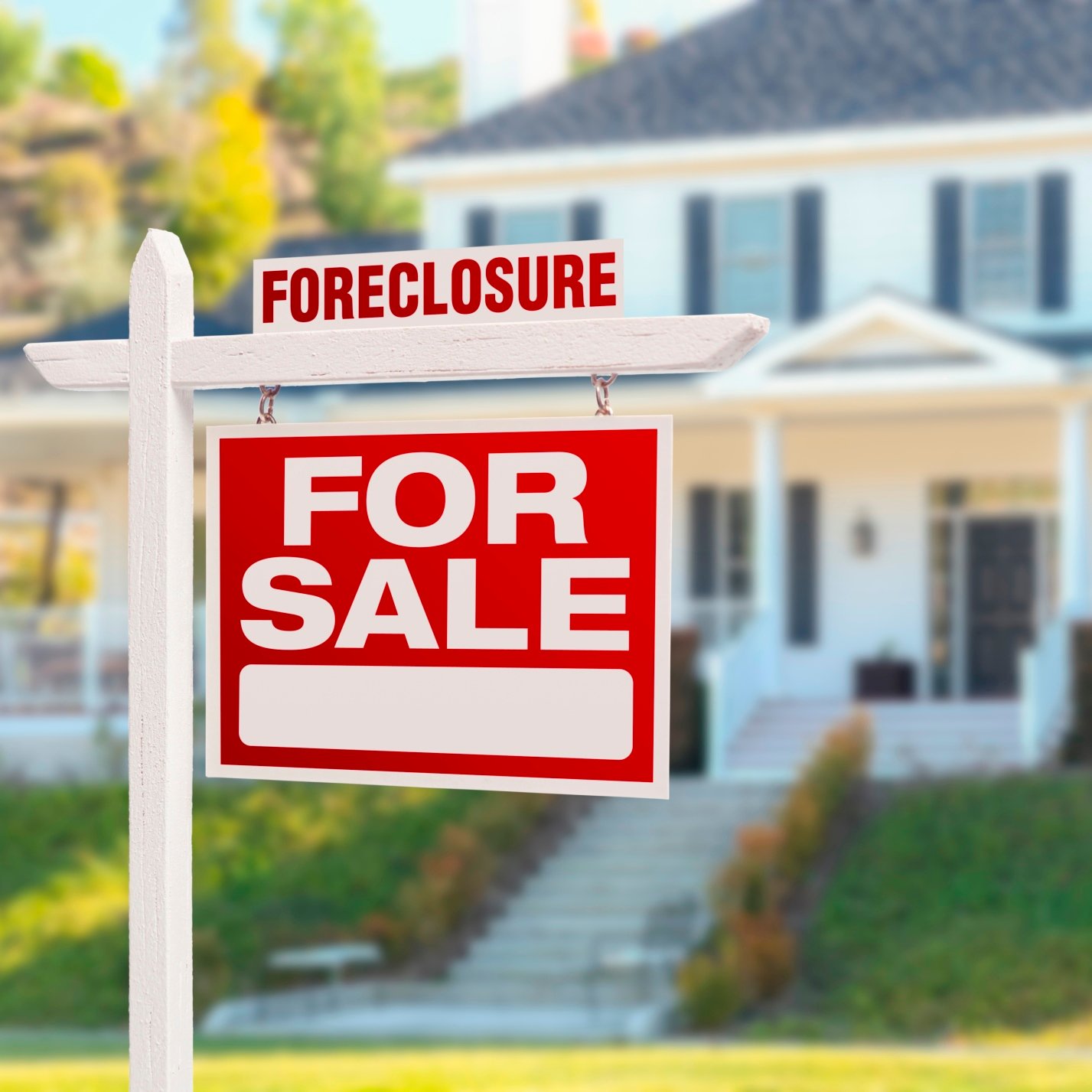The ripples from the huge real estate collapse that mostly overlapped the Great Recession are not gone. According to RealtyTrac, foreclosure activity rose in 32 states during the third quarter, compared to the same quarter a year ago. Source: Thinkstock
Source: Thinkstock
According to the research firm’s experts:
RealtyTrac today released its Q3 and September 2015 U.S. Foreclosure Market Report™, which shows a total of 327,258 U.S. properties with foreclosure filings — default notices, scheduled auctions and bank repossessions — in the third quarter of 2015, down 5 percent from the previous quarter but up 3 percent from the third quarter of 2014.
However, not all states are created equal, or are even close to parity:
“The widespread rise in foreclosure activity in the third quarter compared to a year ago is the result of two starkly different trends taking place,” said Daren Blomquist, vice president at RealtyTrac. “In states such as New Jersey, Massachusetts, and New York, a flood of deferred distress from the last housing crisis is finally spilling over the legislative and legal dams that have held back some foreclosure activity for years. That deferred distress often represents properties with deferred maintenance that will sell at more deeply discounted prices, creating a drag on overall home values. On the other hand, in states such as Texas, Michigan and Washington, the third quarter increases are a sign that the foreclosure market has settled into a normalized pattern close to or even below pre-crisis levels, and in those states the overall housing market should easily absorb the additional foreclosure activity with little impact on home values.”
ALSO READ: America’s Richest and Poorest Cities
The brunt of the foreclosures was in a few states. In New Jersey, the state with the most foreclosures in the third quarter, one in every 171 housing units was in foreclosure, in Florida one in every 186 and in Nevada one of every 194.
Florida cities have not done well as the housing bubble recovery has continued. However, it should not be expected to heal quickly given that Florida was hit as hard as any state when the bubble burst:
With one in every 97 housing units with a foreclosure filing in the third quarter, Atlantic City, New Jersey, posted the nation’s highest foreclosure rate among metropolitan statistical areas with a population of 200,000 or more.
Five Florida cities posted third quarter foreclosure rates among the 10 highest: Jacksonville, Florida at No. 2 (one in every 153 housing units with a foreclosure filing); Deltona Beach, Florida at No. 3 (one in every 155); Tampa, Florida at No. 4 (one in every 162); Miami, Florida at No. 5 (one in every 162); Lakeland, Florida at No. 7 (one in every 176); and Ocala, Florida at No. 8 (one in every 179).
Trenton, New Jersey posted the nation’s sixth highest metro foreclosure rate: one in every 172 housing units with a foreclosure filing in the third quarter of 2015. Albuquerque, New Mexico (one in every 181) and Las Vegas, Nevada (one in every 187) take the final two top spots.
Atlantic City was hurt by Hurricane Sandy and the closing of a number of casinos. As the housing market improves, the trend has been lost for many people.
ALSO READ: The Most Dangerous Cities in America
Essential Tips for Investing: Sponsored
A financial advisor can help you understand the advantages and disadvantages of investment properties. Finding a qualified financial advisor doesn’t have to be hard. SmartAsset’s free tool matches you with up to three financial advisors who serve your area, and you can interview your advisor matches at no cost to decide which one is right for you. If you’re ready to find an advisor who can help you achieve your financial goals, get started now.
Investing in real estate can diversify your portfolio. But expanding your horizons may add additional costs. If you’re an investor looking to minimize expenses, consider checking out online brokerages. They often offer low investment fees, helping you maximize your profit.
Thank you for reading! Have some feedback for us?
Contact the 24/7 Wall St. editorial team.



